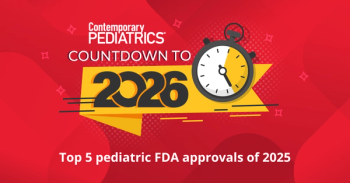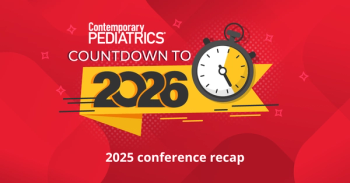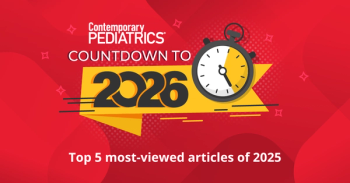
Who do we think we are, anyway?
Pediatricians know a lot about both the benefits and the detrimental effects of television, co-sleeping, and peanuts. It's tempting to try to synthesize that information into sweeping, apparently simple recommendations. When we do that without real evidence, however, we risk our own credibility and that of all those who have worked so hard to investigate the means by which we can make real improvements in the lives of children.
Who do we think we are, anyway?
EDITORIAL
Not long ago a non-pediatrician friend visiting our home offered his 4-year-old daughter a peanut. My immediate reaction was to blurt out that he shouldn't be giving her peanuts. On the tip of my tongue were stories about children I'd seen who had aspirated peanut fragments with consequences ranging from chronic focal pneumonia to a pneumothorax. As I backed off my abrupt admonition I remembered that in spite of my fears we had allowed our own children to have peanuts by age 4. By this time, however, my friend was reacting with a cross between guilt and resentment that I would presume to tell him how to parent his daughter.
As pediatricians we advocate for the health-care and child-rearing practices we believe are best, overall, for children. We are confident about most of our advocacyfor breastfeeding, car seats, and immunizations, for exampleeven when we know that significant education of parents, government, and insurance companies will be required for implementation. Sometimes, however, we admonish parents without the kind of evidence we'd like. Although we know peanuts pose a risk, I was on shaky ground with my friend and probably risked my credibility by reacting as I did.
In August of this year the AAP Committee on Public Education recommended, "Pediatricians should urge parents to avoid television viewing for children under the age of 2 years." Why 2 years? Is there any less need for "direct interactions with parents and other significant caregivers" at age 3 or 4? In September the federal Consumer Product Safety Commission warned that parents who sleep with their babies risk their accidental smothering or strangling. Fortunately, pediatricians quickly disputed the need for this warning, but once again the public was confused by advice of questionable validity.
We know a lot about both the benefits and the detrimental effects of television, co-sleeping, and peanuts. It's tempting to try to synthesize that information into sweeping, apparently simple recommendations. When we do that without real evidence, however, we risk our own credibility and that of all those who have worked so hard to investigate the means by which we can make real improvements in the lives of children.
Julia A. McMillan, MD, Editor-in-chief of Contemporary Pediatrics, is Vice Chair, Pediatric Education, and Director, Residency Training, Johns Hopkins University School of Medicine, Baltimore.
Julia McMillan. Who do we think we are, anyway?. Contemporary Pediatrics 1999;11:9.
Newsletter
Access practical, evidence-based guidance to support better care for our youngest patients. Join our email list for the latest clinical updates.








